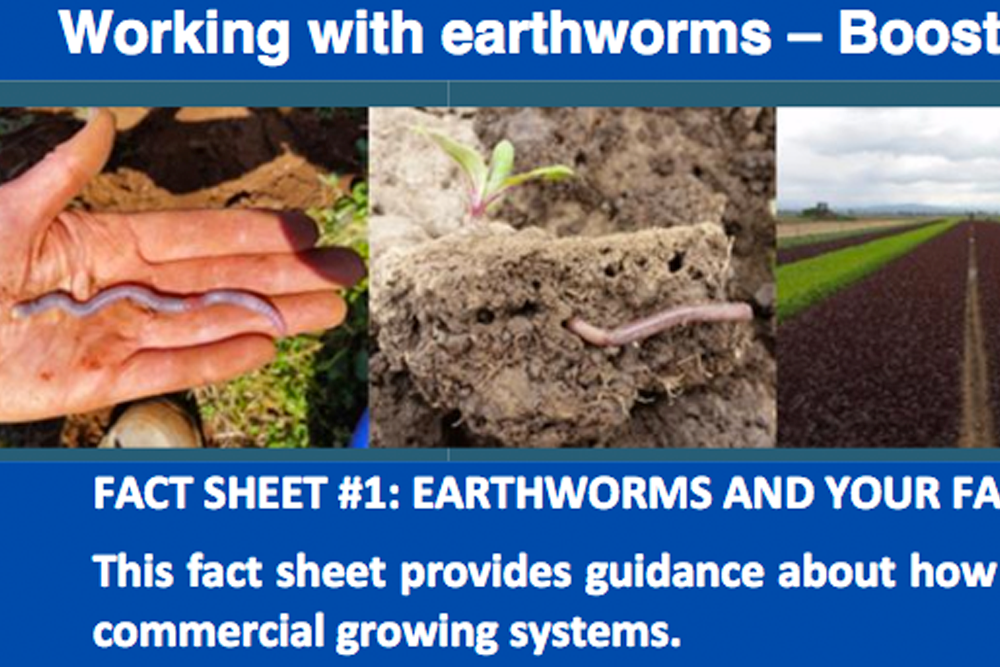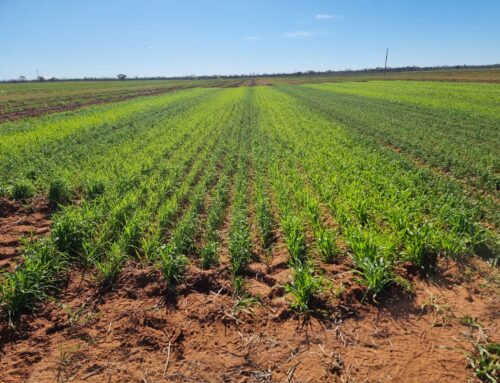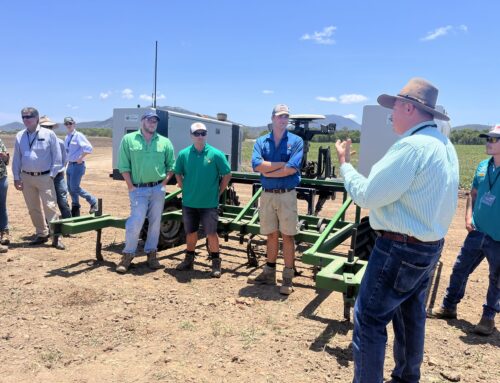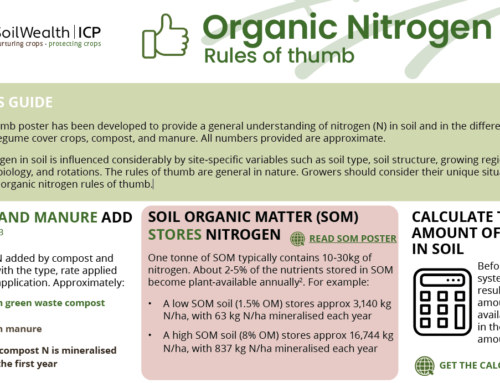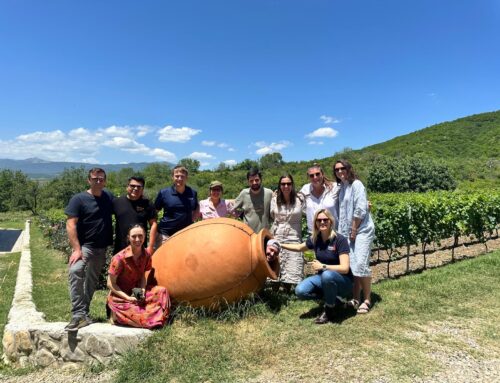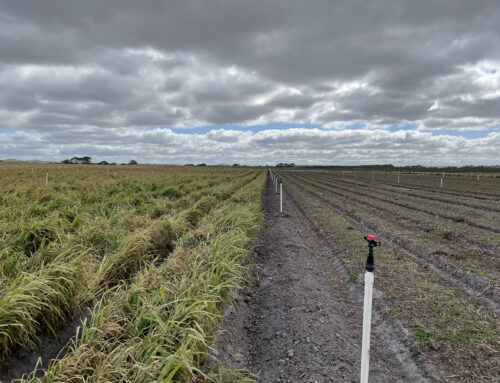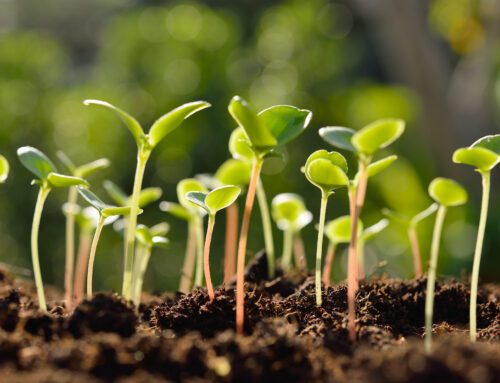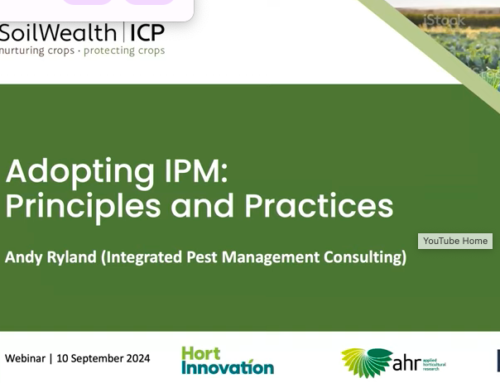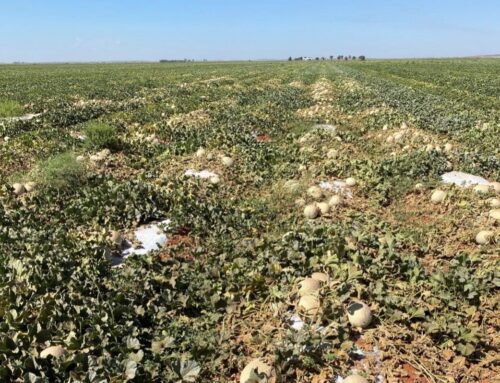Earthworms are known to be an indicator of healthy soil function, with the ability to improve soil structure and fertility as well as promote root and plant growth.
Until recently, limited research was conducted into how commercial vegetable farming practices affected earthworm numbers and how greater earthworm activity could improve soil health.
To address this, Blue Environment and SESL Australia recently completed a three-year research and demonstration project, Optimising the benefits of vermiculture in commercial-scale vegetable farms (VG15037), a strategic levy investment under the Hort Innovation Vegetable Fund.
The project investigated how commercial vegetable farms can benefit from building and maintaining earthworm activity, using data collected from over 18 vegetable farms across Australia.
Key findings from the project included that earthworm numbers were generally higher where there was a history of less intensive cultivation, higher labile soil carbon and higher soil nitrogen.
Two fact sheets were produced as part of the project, which can be downloaded below.
- Fact Sheet #1: Earthworms and your farm
- Fact Sheet #2: Are earthworms working for you?
A detailed article on the project also appeared on page 40 of the Summer 2019/2020 edition of Vegetables Australia magazine, which can be accessed here.

